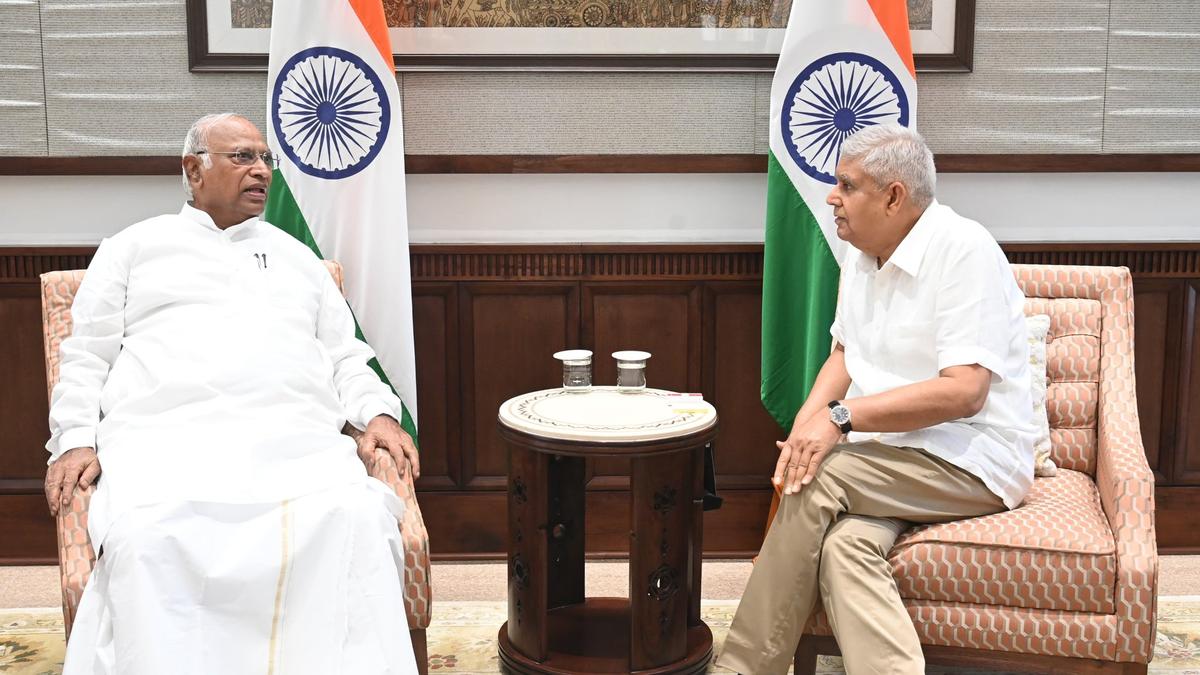Now Reading: SFI UK Inaugurates First Overseas Office in Southall
-
01
SFI UK Inaugurates First Overseas Office in Southall
SFI UK Inaugurates First Overseas Office in Southall

Quick Summary
- The Students’ Federation of India (SFI) UK commitee inaugurated its first international office in Southall, West London, on July 15, 2025.
- SFI’s UK committee was initially launched at a foundation conference on June 4, 2022, marking the outfit’s first overseas unit.
- Currently active in 30 universities across the UK-including locations in Northern Ireland, Scotland, adn Wales-the organisation comprises 341 members predominantly from Kerala.
- the committee has established operational structures in six cities: london, Edinburgh, Liverpool, Leeds, Sheffield, and Portsmouth. Many members were not previous affiliates prior to joining abroad.
- Key initiatives include addressing issues of racism experienced by foreign students-such as a notable intervention involving alleged mass academic failures at a Scottish university-and combating housing exploitation by agents targeting Indian students.
- Activities aimed at cultural engagement for Indian students include arts and sports festivals as well as academic talks; upcoming events feature Dalit activist Sambhaji Bhagat hosting discussions at the University of Edinburgh.
- Additional areas of focus include assisting with challenges related to immigration laws and job market difficulties for international students.
Indian Opinion Analysis
The establishment of a dedicated SFI overseas office signals an evolving role for Indian student organisations abroad amidst growing numbers of expatriate scholars navigating systemic challenges such as racism and housing exploitation. By organising interventions against discriminatory practices-including alleged incidents like the mass failing case-and actively engaging with critical student concerns such as immigration policies or employment hurdles post-study, this expansion shows promising steps toward advocacy within global diasporic contexts.
Culturally oriented programs featuring figures like Sambhaji Bhagat highlight efforts to preserve identity among youth separated from their heritage while also fostering community-building through arts and academia. Such initiatives might encourage broader inclusivity among Indians studying abroad-notably those connecting with organisations for the first time-offering solidarity during frequently enough complex transitions into new environments.
This progress could inspire similar expansions by other Indian groups seeking platforms foreign soil to address unique diasporic issues effectively while sustaining interaction back home across common interests shared globally.
Read more: Published – July 15 – 07:42 IST
























